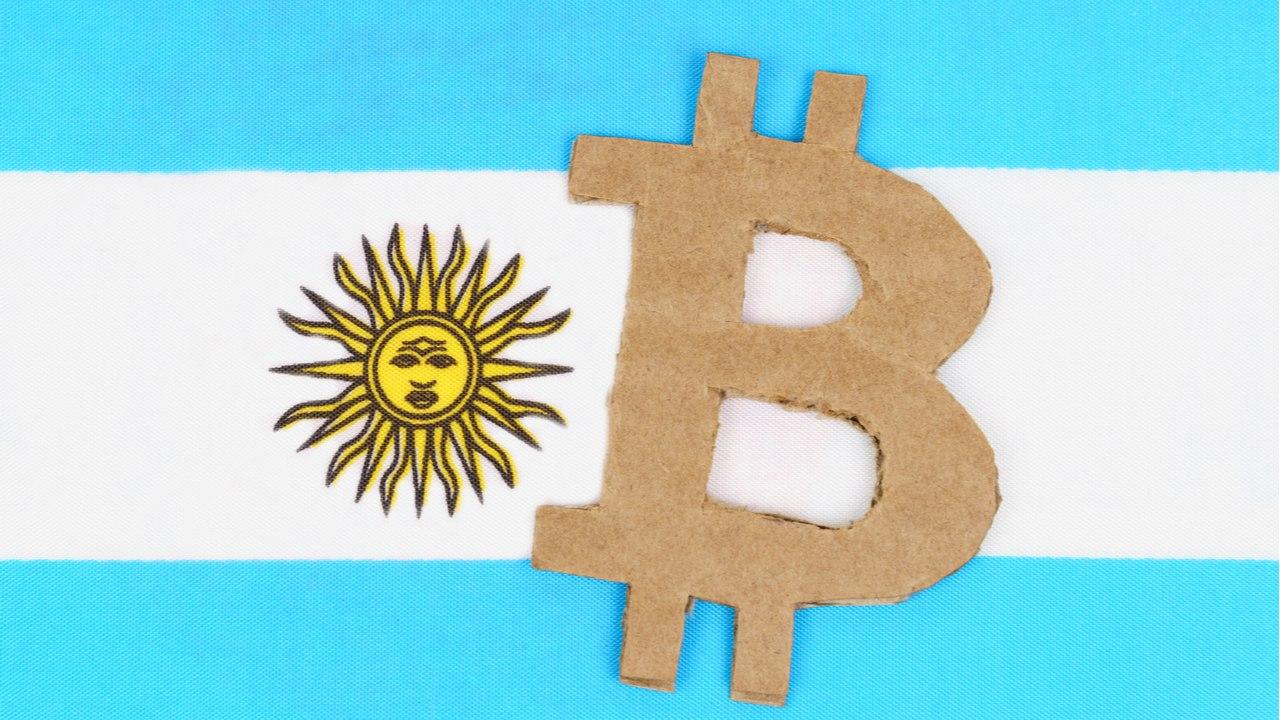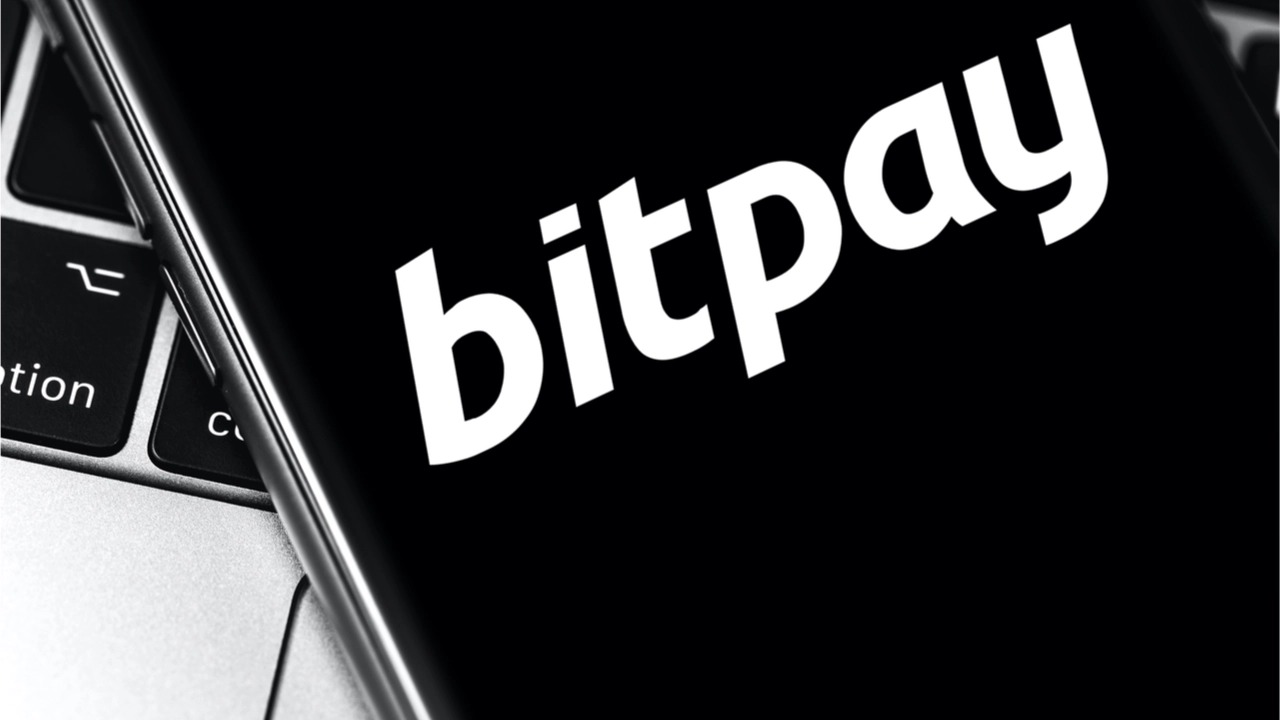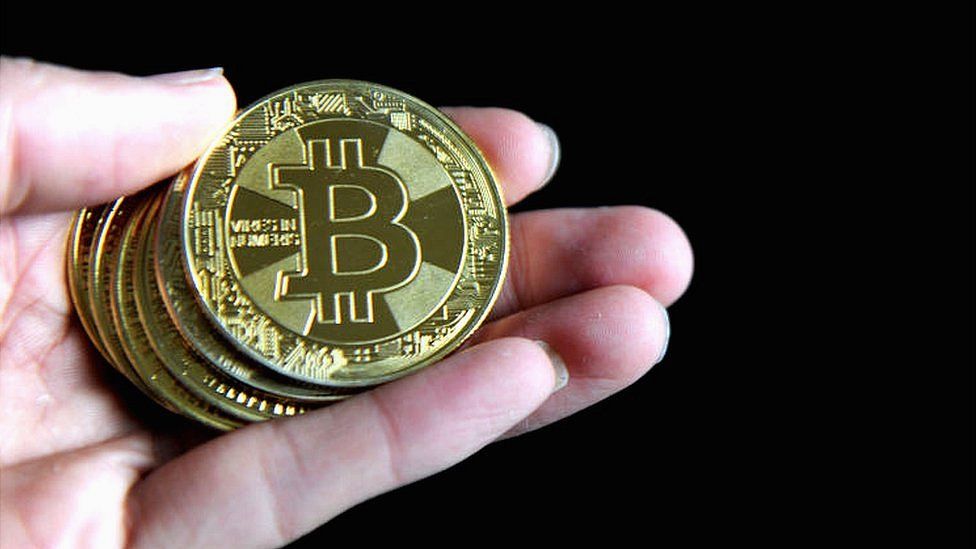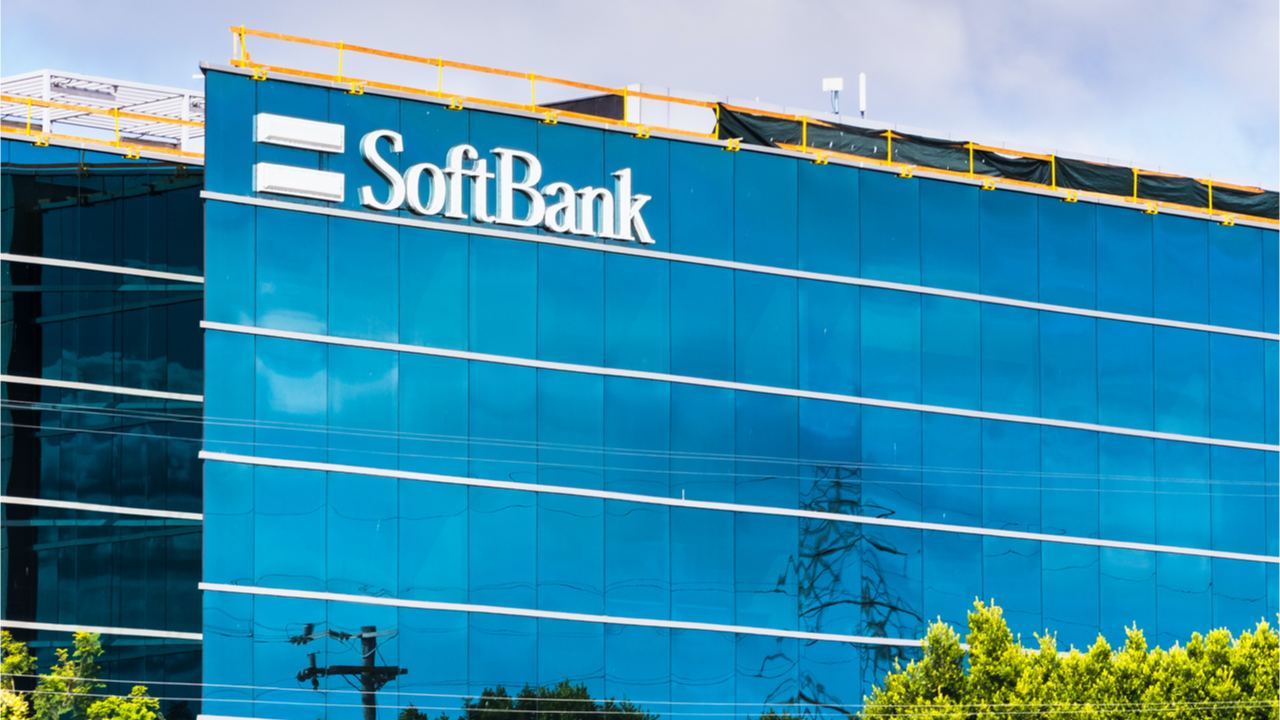
Recent shared data from Americas Markets Intelligence shows significant growth in cryptocurrency adoption Argentina. A survey of 400 people via smartphones was conducted last year and found that 12 percent of 100 Argentinians had made investments in crypto. This number is lower than other South American countries’ statistics. Brazil had an adoption rate of 7% and Mexico, 6%.
This country also had a higher adoption rate than the Latam average of 8%. This can be explained by several factors. The country’s economic characteristics, which have seen inflation and monetary restrictions for many years, are the main reasons. The adoption rate in Argentina is lower than the 16% in the U.S.
The Growth Factors
The study examined the reasons why Argentina’s growth was greater than that in South America. identified three factors that could explain the crypto boom in the Argentinian and Latam Markets. First, the high level of digitalization in these societies compared to low levels of bank adoption. The report says:
The persistent mistrust of banks has slowed the growth of digitalization and kept cash in use even though consumers are more comfortable using digital tools.
The inflation and high monetary volatility of the country are another important factor. This makes cryptocurrencies such as bitcoin and ethereum attractive investments and savings options, even though they can be highly volatile. Third, remittances. This is the 5.5% that Argentinians must pay to send or receive remittances. This is because cryptocurrencies allow users to move funds almost without any fees.
Study also suggests potential for the future growth and use of crypto as an investment product. 18% of those surveyed indicated that they are interested in investing in cryptocurrency in the future. 54% of those surveyed stated that crypto-currencies are a great way to protect their savings.




